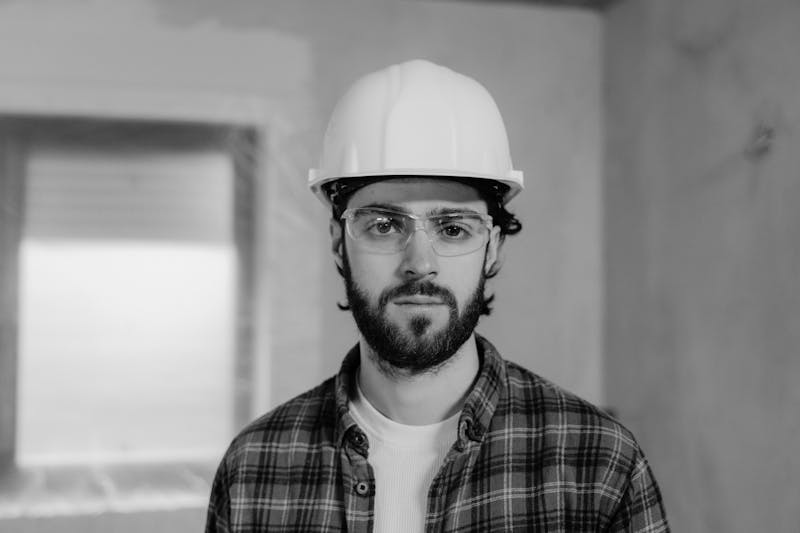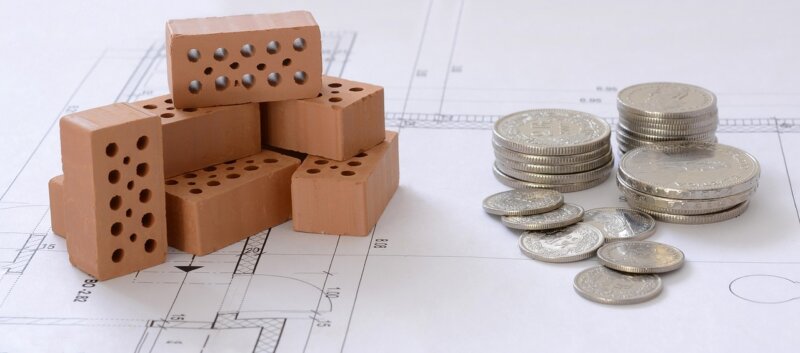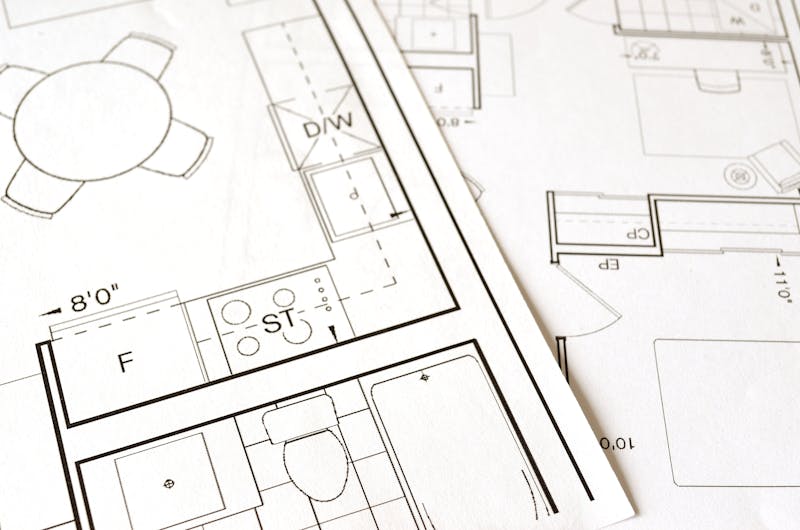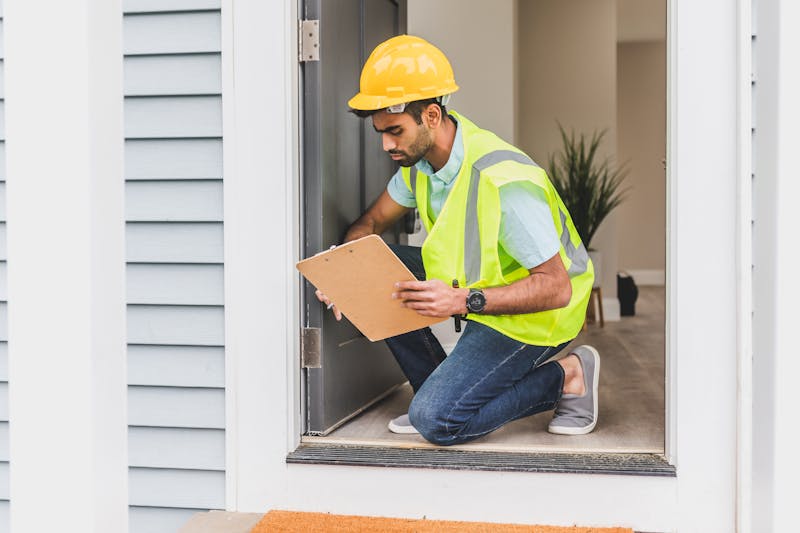Building a new home can feel exciting, but unexpected costs may surprise you. For example, upgrades like better counters or flooring can raise your budget fast. This blog will help you plan smarter by showing the hidden fees most people miss.
Read on to save money and avoid stress!
Upgrade Costs That Add Up
Model homes often show upgraded designs, not the standard package. Quartz countertops, luxury vinyl floors, and premium lighting drive up construction costs quickly. Bathroom upgrades alone can cost thousands.
Window treatments like blinds or curtains may add several thousand more.
Not all appliances are included in base pricing. Many packages leave out refrigerators or washers and dryers. Appliance allowances sometimes fail to cover desired brands; delivery fees pile on too.
Lot premiums for corner lots or views range from a few thousand dollars to over $10,000+. Homeowners Association (HOA) dues could cost hundreds monthly in upscale areas.
Utility Connection Fees and Hookups
Upgrades can increase comfort, but utility hookups add major costs too. Water and sewer tap fees range from $2,500 to $10,000. Electric connections cost between $1,000 and $5,000 based on location.
Impact fees set by local governments can go over $20,000.
New builds may need meter installations for gas or electric services. Large distances from power lines raise electricity hookup costs further. Permits for water or sewer access also add to expenses.
Confirm all charges with builders and utility providers before buying land to avoid surprises in your construction budget.
Landscaping and Exterior Features
Basic landscaping from builders often includes only a few features. Adding items like irrigation systems, garden features, or fencing can quickly increase costs. Driveways and patios are also pricey but easily forgotten during planning.
Lot improvements on rough terrain may raise expenses even more. Premium lots with better views can cost an extra $10,000 or more. Create detailed landscaping plans early to control costs and avoid surprises later.
Permit and Inspection Fees
Permit fees can cost between $1,000 and $8,000. The size and value of the house affect this amount. Plan review fees may also be charged separately.
Impact fees may range from $5,000 to over $20,000. These are often required before starting construction. Zoning regulations and building codes also come with costs for permits and inspections.
Environmental assessments or soil tests might uncover extra site preparation needs too.
Temporary Living Expenses During Construction
Construction delays often mean unexpected costs. Rental expenses for temporary housing can add up quickly. Short-term leases or staying with family might help, but they still require budgeting.
Extra storage fees may also apply if your belongings need to be kept elsewhere.
Consider a contingency fund to cover a few months of rent and essentials. Clarify the construction timeline with your builder early on to avoid surprises. Sometimes, mortgage extensions might bring extra charges during longer build times too.
Planning ahead helps reduce financial stress later.
Post-Construction Cleaning and Touch-Ups
Temporary living costs end, but cleanup and touch-ups await. Many builders leave cleaning out of their contracts. Dust, debris, and leftover materials often need removal before move-in.
Hiring professional cleaners may cost $200 to $600 depending on the home size.
Minor repairs like scratches or paint touch-ups add more expenses. Builders’ warranties might cover some issues for a limited time, but extended plans could mean extra fees. Final inspections can catch overlooked problems early and prevent future repair costs.
Plan for these tasks in your budget to avoid surprises later!
Bottom Line
Building a home is exciting but full of surprises. Costs can sneak up on anyone without careful planning. Think about upgrades, fees, and post-construction needs early. Create a solid budget to avoid stress later.
Smart choices now will save headaches down the road!







